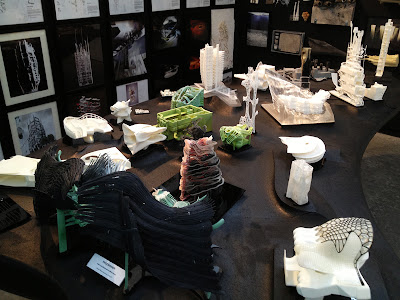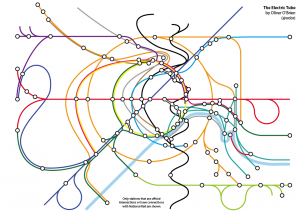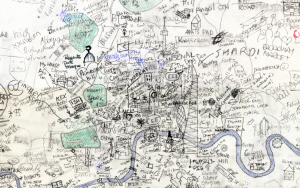Spatio-temporal linkage of real and virtual identity. Dr Muhammad Adnan, UCL Department of Geography. Professor Paul Longley, UCL Department of Geography. To download a PDF of the seminar please click here. Abstract. A name often provides an indication of its bearer’s cultural, ethnic and religious affinity in the real world (Mateos et al 2011), as well as the place in which he or she probably lives (Cheshire and Longley 2012). This presentation begins to consider whether and how tokens of virtual identity can be linked to the probable characteristics of people and places. We begin with a retrospective on two strands of work at UCL that has used computationally intensive analysis to classify populations into: (a) ‘naming networks’ based upon social similarities in naming conventions; and (b) ‘surname regions’, based upon locational proximity of people who share names with common geographic roots. Together, these two approaches offer the prospect of context-sensitive generalisation of the geography of naming conventions, as well as measurement of the long term effects of population change. The second part of the presentation begins to consider the linkage between georeferenced email addresses and the probable names of their owners. We begin a preliminary investigation of data harvested […]
Continue reading »














